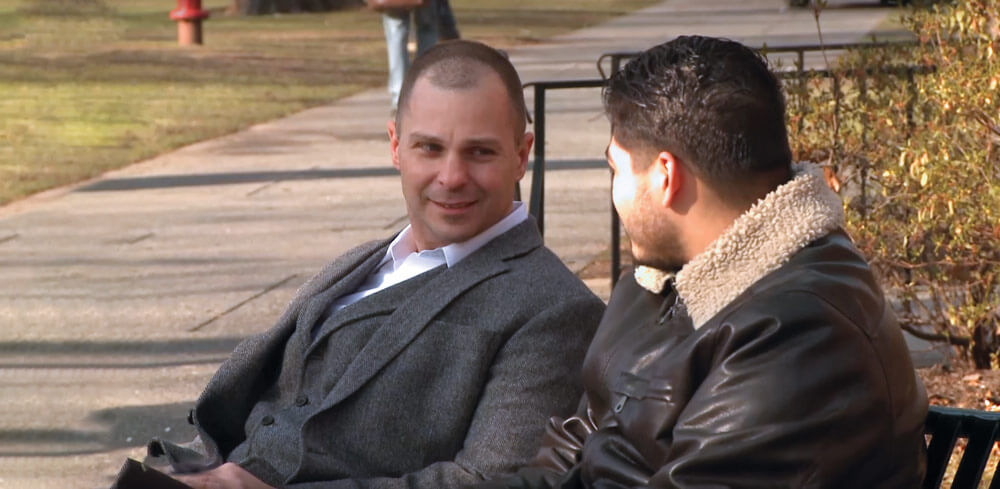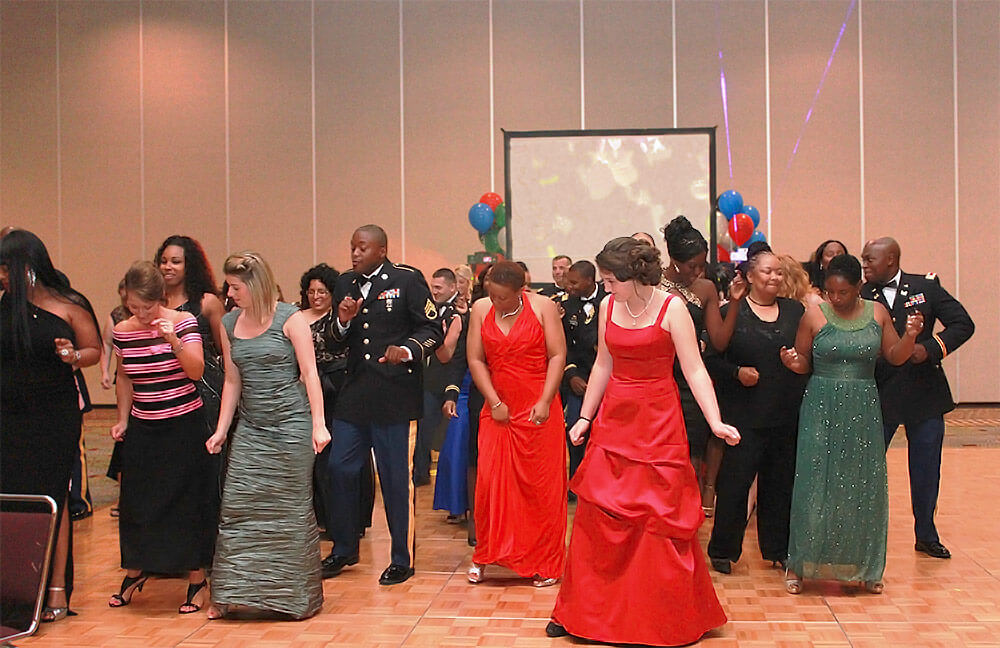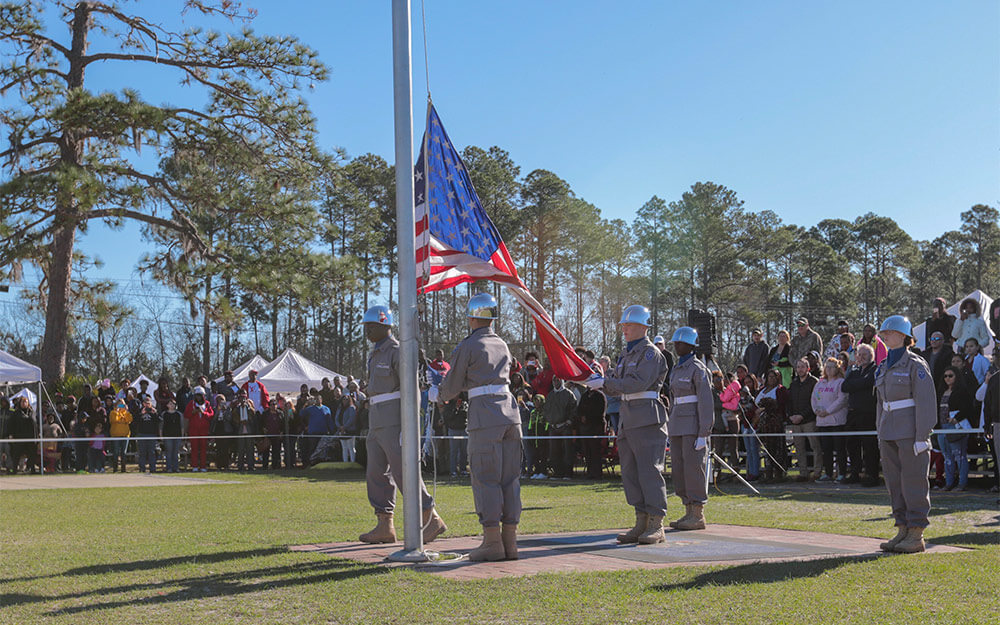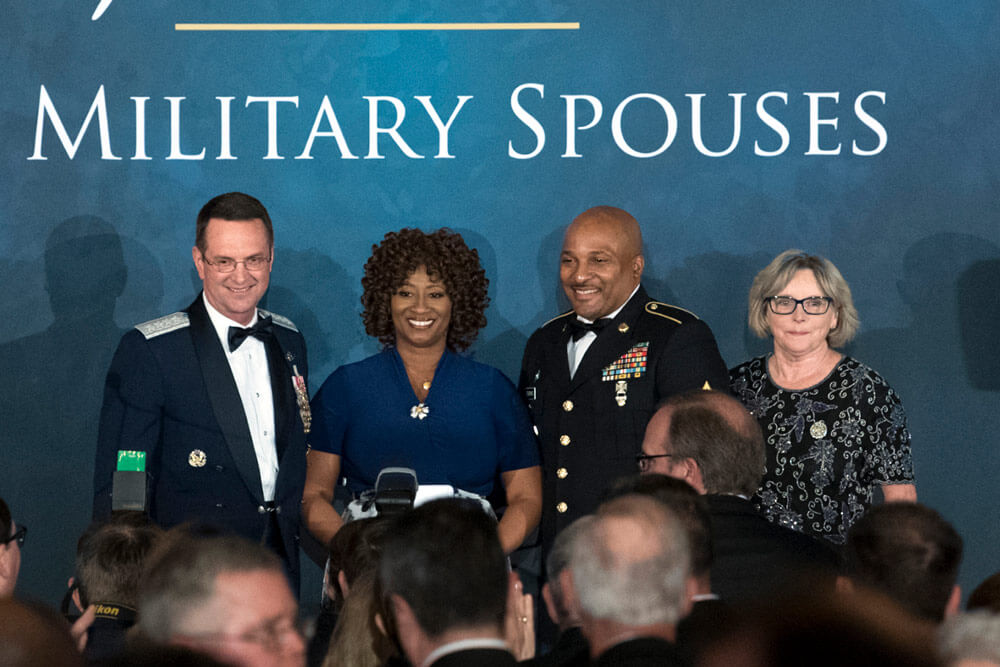I joined the Army National Guard Feb. 29, 1996. I was 19 years old and a year and a half out of high school. I had washed out of college twice and had recently reformed my partying ways. After completing basic training at Ft. Knox, I returned to New Jersey and enrolled in community college. In addition to my classes and drill, I worked 20 hours a week as a security guard. There were times I dreaded drill – I was wiped out from work and school, and instead of having the weekend off, I had to report for formation at 0645. I was a lowly PFC that got the worst tasks. It seemed we were in the field whenever it was below 40 degrees or above 90. Yet there were other weekends that I welcomed drill – the master sergeant in charge of my section was organized, funny and down to earth. A few NCOs were wonderful storytellers and I thrilled in being around them.
I graduated college in 2001 and my contract ended in 2002. For a number of reasons, I did not re-up. But the most significant one was that I was 25 and unsure what I wanted to do with my life. A few months later, one of my closest friends overdosed and died from a combination of alcohol and drugs. He was 27.
Not long after, I had an opportunity to move to Japan and teach English in Tokyo for a year. I thought about my deceased friend quite often while I was abroad. When I returned to the United States, I took a job in a drug and alcohol treatment center. I was there only a few weeks when I decided to pursue a Master’s in Social Work (MSW). For the next two years, I engaged in full-time work and full-time school. My friends expressed amazement at my schedule, but it didn’t seem that hard – probably because of my experience years earlier juggling school, work and drill.
I graduated with my MSW in 2006. For the next three years, I taught high school English during the day and worked at an outpatient substance abuse center at night. In 2009, I took a job at Rutgers University overseeing their Recovery House program. A few years after that, I was also hired as a university professor. In 2013, a new student enrolled who was a veteran. He had been other than honorably discharged from the military for being addicted to prescription drugs. His addiction began after being prescribed drugs to deal with his PTSD and other physical injuries. His story angered and motivated me. In 2014, I rejoined the Army National Guard as a Behavioral Science Officer. Because of the education I acquired during my 12-year gap in service, I managed to jump from an E-4 to an O-2.
I have been back with the Army National Guard for three and a half years, and I still don’t like waking up really early or eating MREs. (I had heartburn during annual training last summer, and I realized it was because I was using hot sauce three times a day.) But I’m both very happy and very proud that I rejoined. I take great pride in the uniform, and I enjoy talking to and working with other Guard Soldiers.
During my first several drills, I saw the occasional Soldier who was ordered to see me and I taught a few classes. It took a while for Soldiers in my company to warm up to me. A few months after I rejoined, a PFC told me that he was afraid that I’d “haul him off to the loony bin.” An E-6 said troops had learned to avoid head-shrinkers and to avoid talking about their problems. Time passed and people in my unit grew more comfortable. They started coming to see me without being ordered to by their chain of command – a true mark of success in my book.
Every brigade has at least one behavioral science officer, and we are here to help. Most behavioral science officers have a lot of experience and are well equipped to offer positive suggestions or, if it’s more helpful, just to listen. The first few years in the Guard are often the most difficult, as Soldiers are usually in their 20s and are juggling work, school and Family on top of their military duties. Finances are often strained as well. Whenever I am on my way to or from drill and I stop for coffee or food, civilians come up to me and thank me for my service. I respond that I have the privilege of serving those who serve. Other social workers and psychologists feel the same way. Please reach out to us if you are struggling.
Over the next few months, I will write articles about the three major questions you should answer in your 20s: how to get through a breakup, resiliency and why hiking is such a positive activity. If you have questions about something else or would like me to write on another topic, please send an email with my name in the subject line to the Citizen-Soldier email address, Editor@Citizen-SoldierMagazine.com. I look forward to hearing from you.
The most common reasons that Soldiers seek my advice (voluntary or involuntary) are:
- Romantic relationship problems
- Mental health issues, such as symptoms of depression or anxiety, including untreated PTSD and complex trauma
- Substance abuse, which is particularly important because untreated PTSD, sexual assaults and suicidal ideation have a high correlation with alcohol abuse
- College and career counseling
- Chain-of-command conflicts
- Unresolved grief.
By Staff Writer 1LT Frank Greenagel



